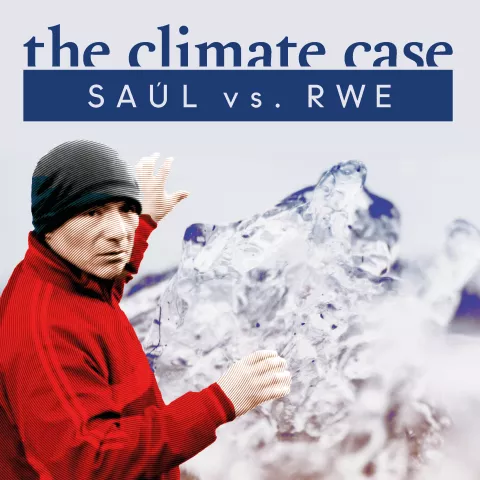
In the trial of the Peruvian mountain guide Saúl Luciano Lliuya against the energy company RWE before the Higher Regional Court of Hamm, the court has now announced that it will select the experts for the taking of evidence itself. Initially, the parties were to agree on experts, but this has failed. With two remonstrances (statements of objections), the lawyers of RWE had tried to avert the hearing of evidence already decided by the court and thus delayed the proceedings by several months. Following the court's two rejections of their objections, RWE’s lawyers rejected all of the experts proposed by the plaintiff as allegedly biased and reacted with their own proposals. In the estimation of the environmental and development organisation Germanwatch, these included experts who have no experience with the concrete attribution of damages to climate change and in some cases even appear to doubt the competence of the Intergovernmental Panel on Climate Change (IPCC). The plaintiff has rejected these proposals.
Klaus Milke, Chairman of the Board of Germanwatch: “It is a pity that the agreement on joint experts has failed. But RWE's lawyers had proposed experts whose views were indeed far removed from those of the globally recognised Intergovernmental Panel on Climate Change (IPCC). The plaintiff, whose claims against RWE are largely based on the findings of the IPCC, could not agree with this.”
Germanwatch supports the plaintiff in this precedent. The foundation “Stiftung Zukunftsfähigkeit” covers the court and attorneys’ fees as well as costs of expert opinions and calls for donations to this end.
